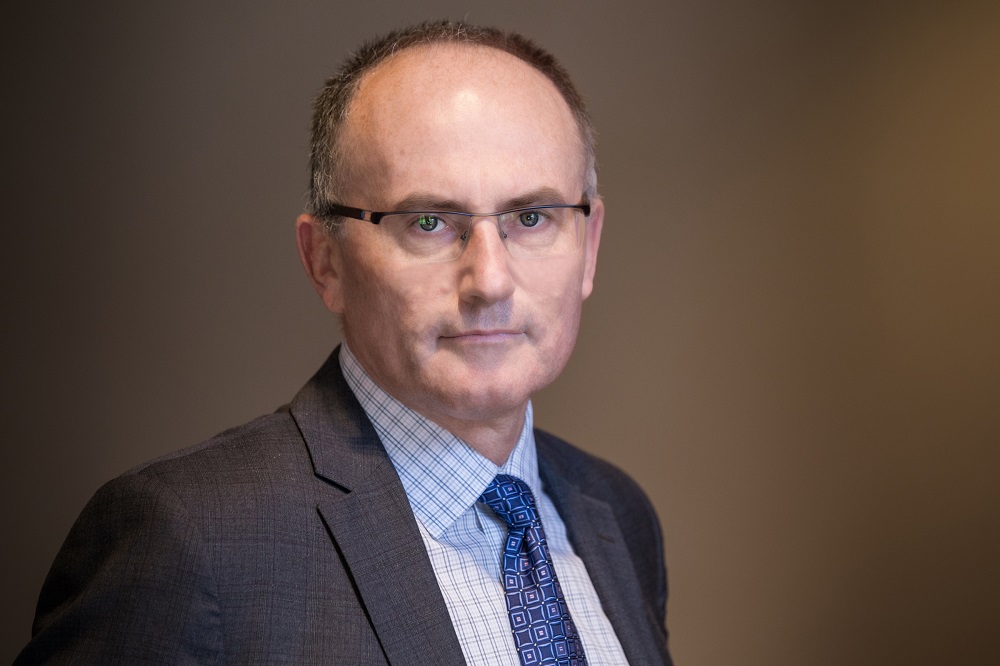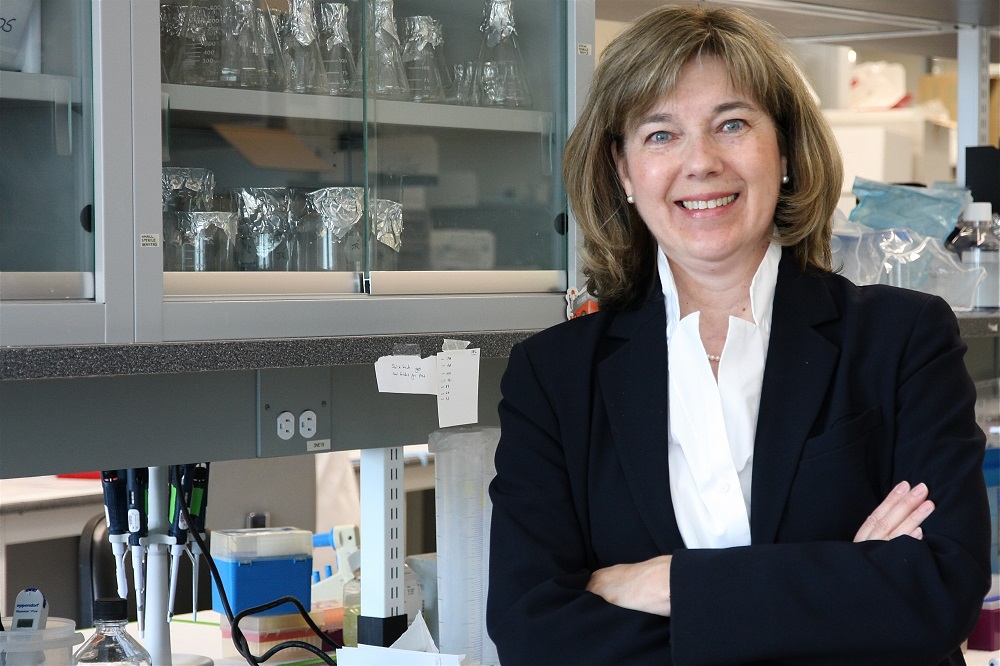Thanks to advancements in healthcare and public health, Canadians are living longer than ever before and our senior population is rapidly growing. However, increased longevity also means that many people are living longer with multiple chronic diseases resulting in reduced function, reduced quality of life and need for increased support from caregivers and the healthcare system. This is not how Canadians want to spend the years approaching their life’s end.
We need to find ways to ensure that people remain healthy for as long as possible as they get older. Scientists in the field of geroscience are working on this and their research could have a profound effect on how Canadians age. Geroscience seeks to understand the genetic, molecular, and biological mechanisms of aging and their relationship to age-related diseases. Knowledge of these mechanisms could enable scientists to manipulate or slow the aging process.

Advancing age is a major risk factor for many diseases, including cancer, dementia and heart disease. Research has already shown that healthy aging behaviours, such as exercising and eating a healthy diet, can decrease the incidence of these diseases by changing the mechanisms of aging.
Expanding on this, the promise of geroscience is that medications and other interventions can alter the mechanisms of aging reducing the occurrence of chronic disease with age and producing more years of good health during our lifespan. A byproduct of this may also be increased longevity. Once the realm of science fiction, the field is rapidly advancing with extensive study in laboratories and early phase trial in humans starting in countries around the world.
In addition to novel compounds, researchers are also examining whether medications currently licensed to treat specific illnesses could also work to slow the aging process. An example of this is a trial planned in the United States assessing whether the diabetes drug metformin can delay the development or slow the progression of aging related chronic diseases. Another drug, rapamycin, currently used to prevent rejection in organ transplants, is also being studied for its anti-aging effects.
There are many challenges that need to be overcome before anti-aging therapies are widely available. These include developing the frameworks of how they are studied in humans starting with how they are judged to be effective. A key consideration is how long should the trials be? A drug may have short term benefit but may cause adverse effects, such as cancer, when taken for the long term. This is especially important for medications that would need to be taken for the rest of an individual’s life. Ethics committees will need to be vigilant that participants in these types of trials are not lured by potential benefits while possible downsides are minimized.
Although, it is too early to say if these drugs will ever meet Canadian government regulatory approval, geroscience has the potential to transform how we age. Through pharmaceutical interventions, we could remain healthy, active, and productive throughout much of our older years, with fewer people needing long-term care. The potential benefits to individuals, society, and the economy are enormous.
However, there are social and ethical implications that need to be addressed before we proceed much further.
We need to consider issues such as who will get access to age-slowing drugs. Should governments cover potentially very expensive age-slowing pharmaceuticals under their public health plans? While it might be expensive, it could help reduce costs related to treating and caring for older adults who are ill or living with frailty. On the other hand, these may just delay the development of frailty which will just move the costs down the road. If governments did not opt for full coverage, access would be limited to only those who have the means to obtain them, raising important equity issues.
We must also guard against those who would seek to hijack legitimate geroscience work and exploit it for their own financial gain by marketing unproven health interventions to reverse aging.
These issues were discussed at the Canadian Frailty Network and the Canadian Institutes of Health Research’s Institute of Aging’s Geroscience Summit that took place in Toronto on October 26, 2023. The event brought together experts from across Canada and around the world to investigate how to further geroscience research in this country such that the promise of geroscience is reached for the benefit of all Canadians.
***
About the authors:

John Muscedere is CEO of the Canadian Frailty Network and a Professor in the School of Medicine at Queen’s University.

Jane Rylett is Scientific Director of the CIHR Institute of Aging, a Professor in the Schulich School of Medicine and Dentistry at Western University, and a Scientist at the Robarts Research Institute. (The views expressed herein are solely those of the authors and do not necessarily reflect those of CIHR.)




